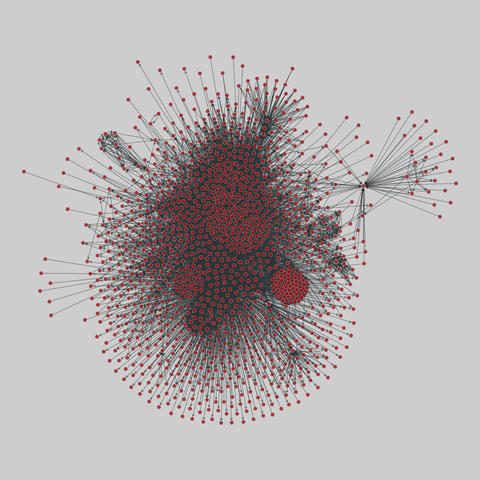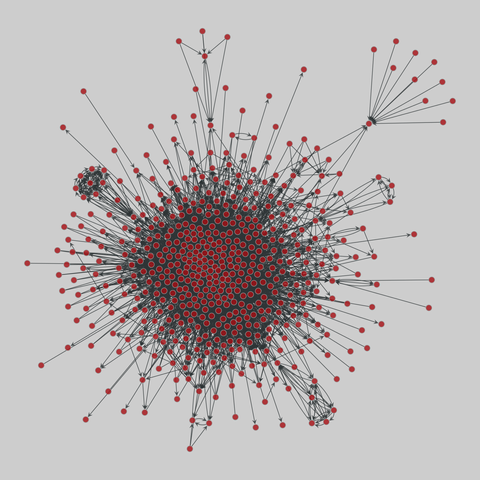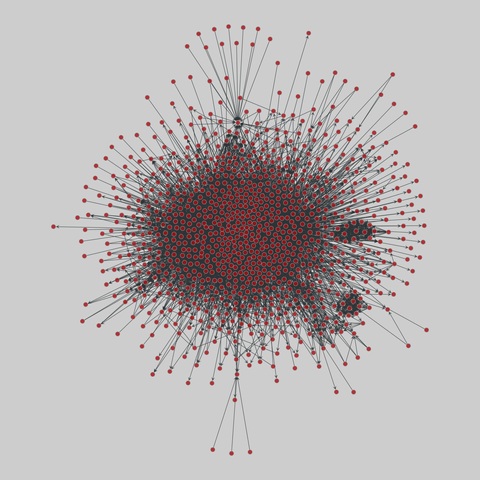2025-10-16 17:00:04
us_agencies: U.S. government agency websites (2018)
50 networks, one for each U.S. state, representing the web-based links between their associated government agencies websites. A node is an entire agency website and a directed edge (i,j) represents the existence of a hyperlink from any webpage in website i to some webpage in website j. Data was collected with a crawler. Nodes are annotated with the number of webpages per website, website name (related to its government function) and U…
2025-09-15 07:49:00
2025-10-16 20:55:40
For anyone travelling in Europe by train : these website recommendations from @… are great (much better than #TrainLine)!
2025-09-16 02:30:48
TollBit: human-originated page requests on approximately 400 publisher websites fell 9.4% from April to June 2025, while AI bot visits grew to one in 50 visits (David Buttle/Press Gazette)
https://pressgazette.co.uk/comment-analysis/human-traffic-down-b…
2025-09-16 11:07:26
Bound states and the collective dynamics of Distant Quantum Emitters coupled to a chiral waveguide
Meng Qian Wu, Ge Sun, Jing Lu, Lan Zhou
https://arxiv.org/abs/2509.11050 https…
2025-11-14 21:00:04
us_agencies: U.S. government agency websites (2018)
50 networks, one for each U.S. state, representing the web-based links between their associated government agencies websites. A node is an entire agency website and a directed edge (i,j) represents the existence of a hyperlink from any webpage in website i to some webpage in website j. Data was collected with a crawler. Nodes are annotated with the number of webpages per website, website name (related to its government function) and U…
2025-09-16 12:12:17
LOKI: Proactively Discovering Online Scam Websites by Mining Toxic Search Queries
Pujan Paudel, Gianluca Stringhini
https://arxiv.org/abs/2509.12181 https://
2025-09-16 09:31:26
Localized Floquet modes in arrays of out-of-phase curved waveguides with a quasiperiodic modulation
Yaroslav V. Kartashov, Dmitry A. Zezyulin
https://arxiv.org/abs/2509.10877 ht…
2025-09-16 07:35:00
2025-09-13 15:00:04
us_agencies: U.S. government agency websites (2018)
50 networks, one for each U.S. state, representing the web-based links between their associated government agencies websites. A node is an entire agency website and a directed edge (i,j) represents the existence of a hyperlink from any webpage in website i to some webpage in website j. Data was collected with a crawler. Nodes are annotated with the number of webpages per website, website name (related to its government function) and U…






